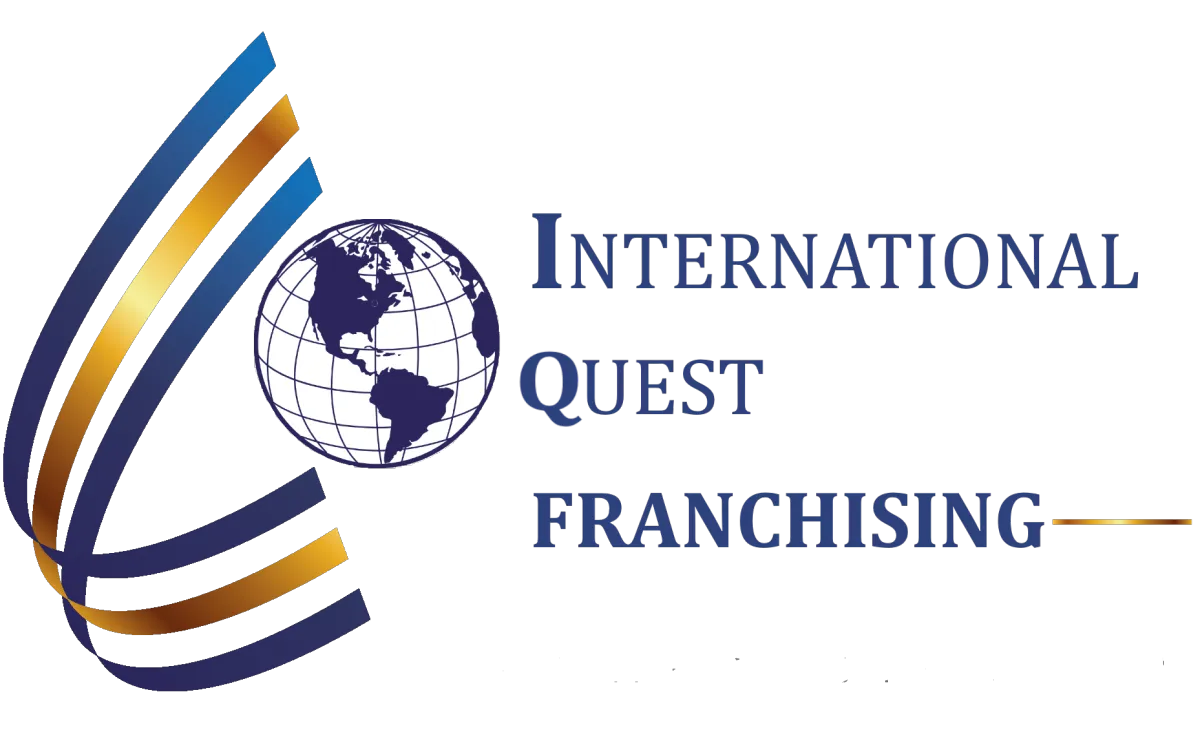
Franchise Expansion Strategies
Introduction to Franchise Expansion Strategies
Franchise expansion involves replicating a successful business model in new locations to grow revenue and brand presence. This approach is essential for businesses seeking rapid growth while sharing financial risks and capital investment with franchisees. Market trends show a steady increase in franchising, with more entrepreneurs opting for established brands over starting new businesses from scratch.

The main objectives of expanding a franchise include increased market reach, higher brand recognition, and diversified revenue streams. However, the benefits come with challenges such as maintaining brand consistency, ensuring franchisee success, and managing financial risks. Key considerations before expansion include market readiness, financial stability, and operational scalability.
Need Help? Use International Quest Franchising, LLC
IQ Franchising helps businesses grow and expand through franchising by working closely with clients to build strong, successful franchise systems. We start by understanding your business, then develop a strategic plan that addresses challenges and maximizes profits. Our expertise in project management and operational efficiency, like Lean & Six Sigma, ensures your franchise system is both effective and sustainable. With our support, your business can thrive, and franchisees can make a positive impact in their communities. Let us help you achieve success and reach your franchising goals. To learn more, Visit. (916) 774-7142
Market Research and Feasibility Analysis
Understanding the target markets is crucial for successful franchise expansion. Conducting a comprehensive competitive analysis helps identify industry players, market gaps, and potential threats. Identifying the right locations involves analyzing factors such as foot traffic, demographics, and economic conditions. Assessing market demand ensures there's a potential customer base, while financial feasibility helps determine the required investment and expected returns.
Developing a Scalable Franchise Model
Standardizing operations ensures uniformity across all franchise locations, which is vital for brand consistency. A comprehensive operations manual serves as a reference for franchisees, detailing procedures, guidelines, and standards. Consistent brand experience is achieved through strict adherence to branding guidelines and customer service protocols. Selecting the right technology helps streamline processes and supports scalability. Implementing an efficient supply chain management system ensures timely availability of products and services.
Legal and Regulatory Considerations
Franchise laws and regulations vary by region, making it essential to understand the legal requirements for franchising. Drafting a Franchise Disclosure Document (FDD) provides prospective franchisees with important information about the business. Preparing franchise agreements outlines roles, responsibilities, and financial terms. Ensuring compliance with local, state, and federal laws prevents legal issues. Consulting with legal and regulatory experts helps navigate complex legal landscapes.
Effective Franchisee Recruitment and Selection
Defining the ideal franchisee profile involves identifying the skills, experience, and attributes necessary for success. Developing a recruitment strategy includes advertising, outreach, and networking. Evaluating franchisee candidates involves reviewing their financial background, business acumen, and compatibility with brand values. Conducting interviews and background checks is crucial for assessing potential franchisees. Offering support and training ensures new franchisees are well-prepared to operate their businesses.
Marketing and Brand Promotion
Creating a strong brand identity differentiates the franchise in the market and attracts customers. A centralized marketing plan ensures consistent messaging across all locations. Utilizing digital marketing and social media enhances brand visibility and engagement. Partnering with local businesses and participating in community events increase local brand presence. Measuring and analyzing marketing ROI helps optimize campaigns and improve effectiveness.
Operational Support and Ongoing Training
Providing initial training programs equips franchisees with the knowledge and skills needed to start their business. Offering continuous education and training ensures franchisees stay updated on best practices and industry trends. Implementing a franchise support system provides ongoing assistance and resources. Regularly scheduled performance evaluations help identify areas for improvement. Leveraging technology for operational support streamlines processes and enhances efficiency.
Financial Planning and Funding
Estimating initial investment and operating costs gives prospective franchisees a clear financial picture. Exploring funding options, such as loans, grants, and investments, helps franchisees secure necessary capital. Establishing a clear financial reporting system ensures transparency and accountability. Monitoring financial performance and profitability helps assess business health. Contingency planning and risk management prepare the franchise for unforeseen challenges.
Monitoring and Improving Franchise Performance
Setting key performance indicators (KPIs) helps track progress and measure success. Utilizing data analytics provides valuable insights for decision-making. Conducting regular audits and reviews ensures adherence to standards and identifies improvement areas. Encouraging franchisee feedback promotes collaboration and enhances the franchise system. Implementing continuous improvement processes drives operational excellence and innovation.
Conclusion and Future Outlook
Summarizing the key aspects of franchise expansion, it’s clear that market research, legal considerations, and operational support are critical components. The importance of adaptability and innovation cannot be overstated, as the business landscape is ever-evolving. Future trends in franchising point toward increased use of technology, personalized customer experiences, and a focus on sustainability. Strategic planning and execution are vital for continued growth, helping businesses and franchise owners achieve lasting success.
International Quest Franchising, LLC Business Address: 3017 Douglas Blvd. Ste. 300 City: Roseville State: CA Zip: 95661 Phone: (916) 774-7142

